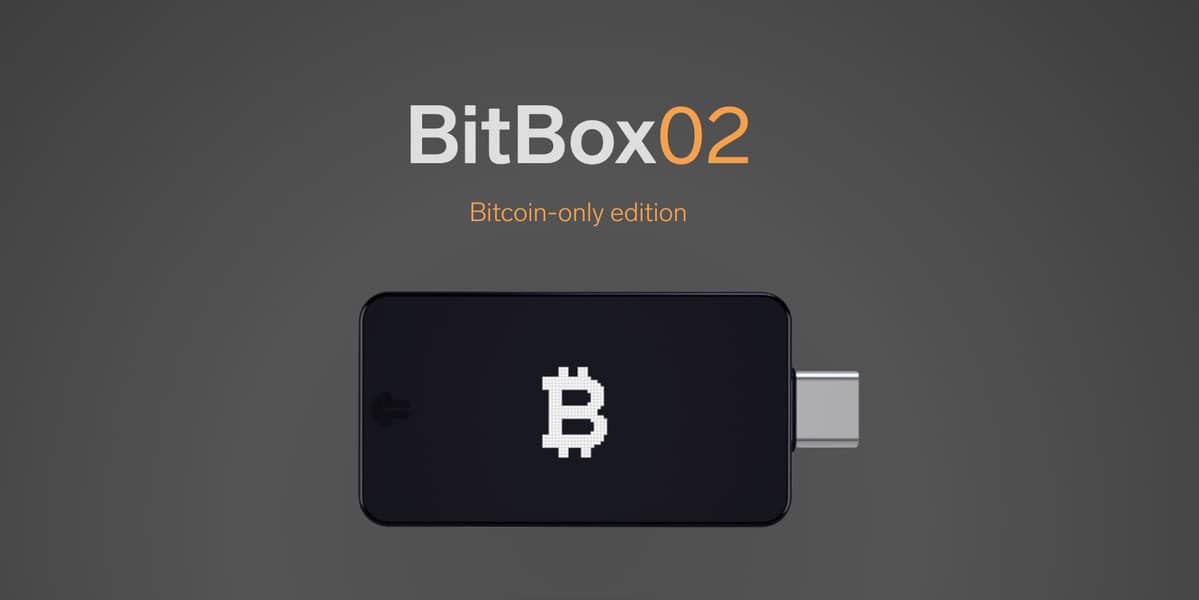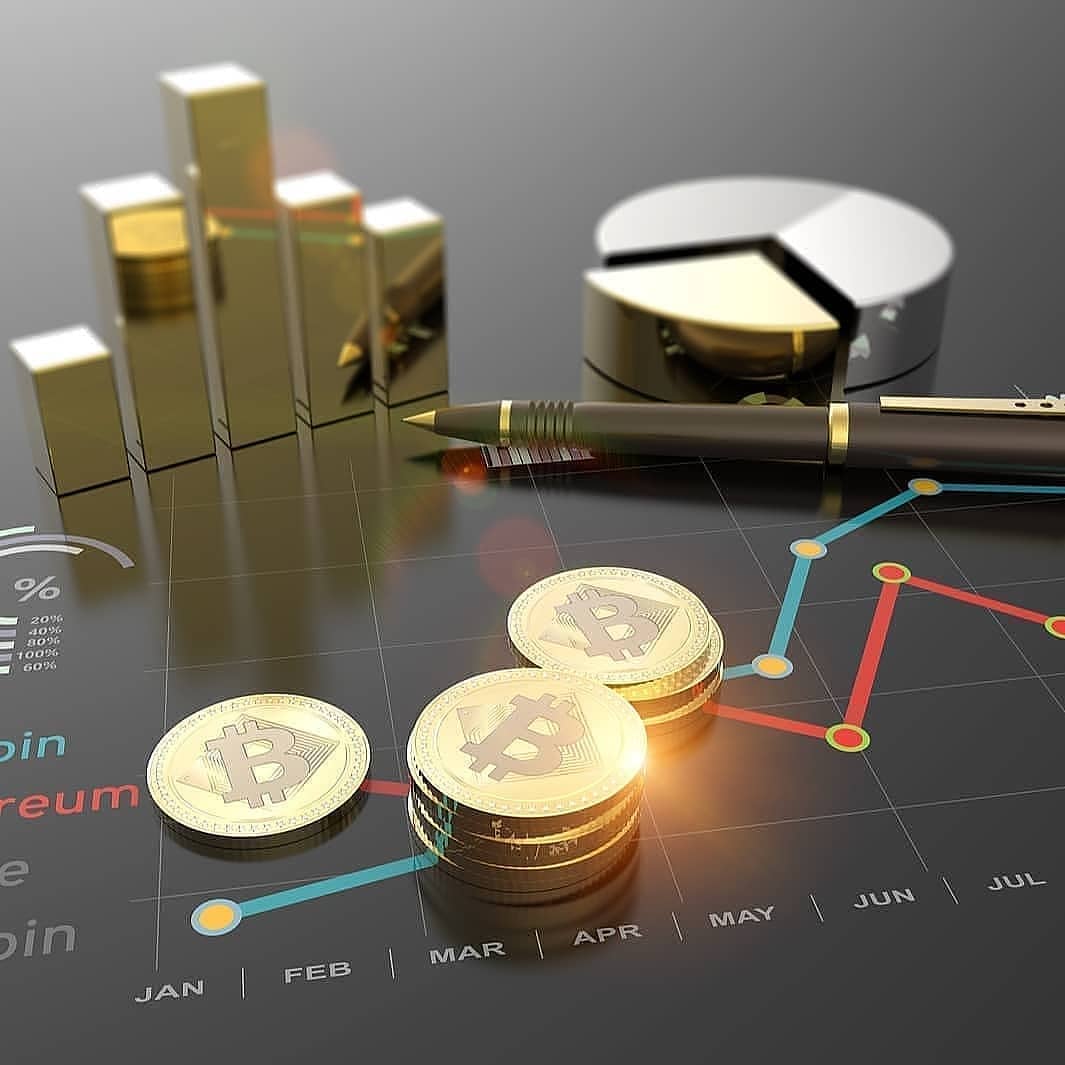A cryptocurrency wallet is a secure digital wallet used to store, send, and receive digital currency like Bitcoin. Most coins have an official wallet or a few officially recommended third-party wallets. In order to use any cryptocurrency , you will need to use a cryptocurrency wallet.
A Bitcoin wallet, what is this? What does it do?
A wallet is basically the Bitcoin equivalent of a bank account. It allows you to receive Bitcoins , store them, and then send them to others. There are two main types of wallets. A hot wallet is one that you install on your own computer or mobile device, giving you total control over security . For most users , however, a cold storage (or coldwallet) is the better option . This is because it’s stored offline , meaning that hackers can’t get to it. Examples include writing down your seed word on a piece of paper or storing it in a password manager app.
Here are some popular options for keeping your bitcoins safe:
Hardware Wallet – This is a physical device similar to a thumb drive. A hardware wallet signs transactions, making the signing process more secure than standard software wallets .
Paper Wallet – In case you want to keep your bitcoin offline , you can use paper storage as it gives maximum safety . You can also generate paper wallets for each of your bitcoin addresses online for free by using an app such as BitAddress.org. However, it is advisable to generate unique and fresh keys from scratch every time so that there’s no way anyone could have generated the key before you and potentially compromise it at a later date .
In terms of safety, there are 10 different ways to keep your bitcoin wallet safe:
1.) Private Key – Keep it Secret, Keep it Safe!
The most important aspect in keeping your bitcoins safe is using the proper storage solutions which allow you to secure your private key . A private key is a sophisticated form of cryptography that allows a user to access his or her cryptocurrency . When properly encrypted and stored, nobody can hack and steal your funds. Remember this: “Not your keys, not your bitcoin.”
2.) Two-Factor Authentication (2FA)
A 2FA is an additional layer of security that generates a one-time use password/code when logging into an account. This code can be used only once, and it expires as soon as you log out or close the session. Since transactions cannot be reversed, this adds an extra level of protection to a cryptographic wallet by verifying a user’s identity before any withdrawal is processed. If a hacker were to gain access to your private key , they still wouldn’t be able to send those coins very far due to 2FA.
3.) Private Keys – Keep them Safe from Rogue Employees
In 2016, Bitfinex lost nearly 120,000 bitcoins because hackers gained direct access to a specific employee’s computer. Keep private keys out of employees’ reach, and make sure they have the proper training to avoid these types of breaches.
4.) Admin Access – Limit it!
In July 2016, Gatecoin suffered a breach as a result of an insider attack from an unknown perpetrator . Hackers gained access to the hot wallets through an ” adm inistrator account that enabled withdrawals without manual approval.” In order to prevent this from happening again, increase password protection on your systems and restrict admin activity by limiting staff access. This will help you comply with your organization’s security policy and minimize potential vulnerabilities.
5.) Offline Storage – Cold Storage is Key
Store private keys offline for maximum security. For example, you can generate a paper wallet . This can be done using an offline computer that does not have access to the internet. This will help prevent loss or theft of your private key .
6.) Secure Your Network – Keep it Tight!
Make sure that you update all of the software on your systems, including anti-virus , anti-malware , and firewall programs. These security measures are important in blocking external intruders from gaining access to your data. You also need to make sure your web browsers are up-to-date, as well as any other programs or apps which connect to the Internet. Hackers are constantly finding new vulnerabilities which they exploit on outdated software.
7.) Multi-Signature Addresses – Don’t do it Alone
Multi-signature addresses add an extra layer of protection to your cryptocurrency wallets. This is known as a ” 2 out of 3″ signature setup, where it takes two separate keys in order to process a transaction . One key is generated within your wallet, while the other two are generated on separate hardware wallets (or paper wallets). If you were to lose one of these devices, the other would still be able to recover and secure your funds. You can learn more about multi-sig here .
8.) Backup for Days
Backup all of your software and data onto external hard drives or cloud storage services like Dropbox and Google Drive. The backup files should include documents such as private keys , passwords, and seed phrases. Be sure that all of your files are encrypted for added security.
9.) Get Trusted Help
Don’t go it alone when trying to secure cryptocurrency . Get in contact with a reputable consulting agency that has the expertise to set up advanced security measures which will keep your private keys safe. You can find more information on this here .
10.) Double Check Before You Send!
Many people make the mistake of sending funds to an address without double checking who they are sending their assets to. Always triple check all wallet addresses before you send any funds ( both when depositing and withdrawing ). Never enter a wallet address manually, always copy and paste it from your software or block explorer . Make sure there is no typo in the “to” field, because if you send your funds to an incorrect address, you will likely never see them again!
While Bitcoin might seem like digital gold right now, its price could easily take an upswing and become one of the most valuable currencies on the planet. But you need to learn how to securely store it first! By taking these steps into account, you should be good to go. Always do your research first before investing in anything. Now that you know what makes a secure Bitcoin wallet, check out other ways you can stay safe while investing in cryptocurrencies.


